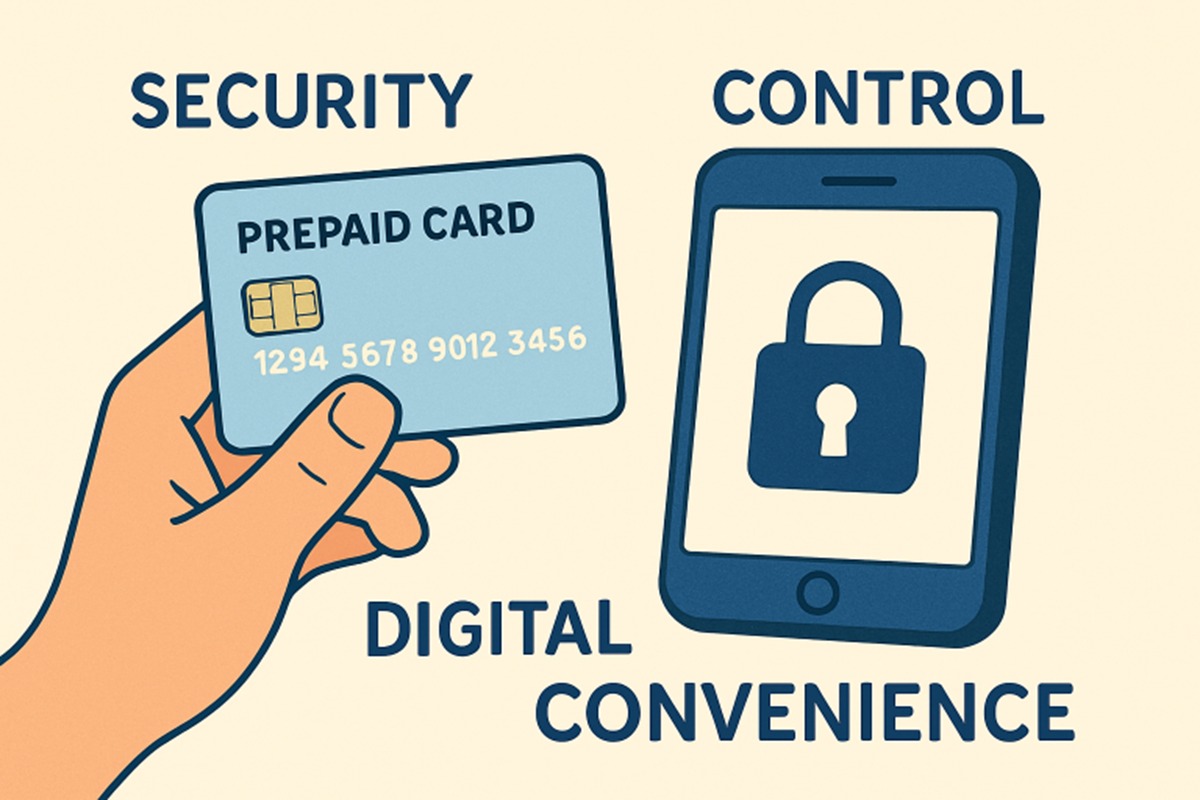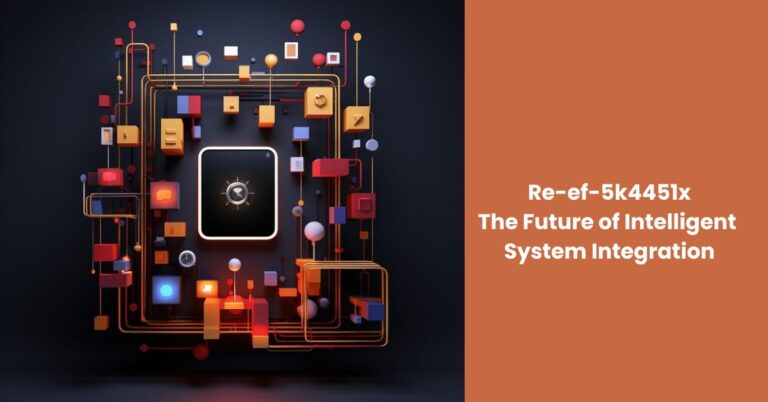How Prepaid Cards Are Transforming Personal Finance Management

Introduction
In a rapidly evolving financial landscape, the demand for flexible and user-friendly money management tools has never been greater. One such innovation making significant strides is the prepaid debit card. Unlike traditional payment options, prepaid debit cards must be loaded with funds in advance, providing individuals with greater control over their spending, helping them steer clear of debt, and minimizing risk while making both in-store and online purchases.
Benefits of Prepaid Cards
The unique structure of prepaid cards provides several specific benefits.
- Debt Prevention: Prepaid cards operate on a load-and-spend model, which means users can only access the funds they have deposited in advance. Unlike credit cards that allow borrowing against a credit line, prepaid cards prevent the risk of accumulating debt or facing high-interest charges from missed payments. This makes them an attractive option for individuals seeking financial discipline or for those who want to avoid the temptation of overspending. In many ways, they serve as a built-in safeguard, ensuring that cardholders live within their means.
- Improved Security: Carrying large amounts of cash is risky, but prepaid cards provide a safer and more convenient alternative. Most prepaid cards are equipped with modern security features, including EMV chips, PIN protection, and even two-factor authentication for online transactions. In the event of theft or loss, many issuers offer quick customer service solutions to freeze or replace cards, reducing the risk of financial loss. This makes them particularly useful for travelers or individuals who want peace of mind while managing their money.
- Budgeting Aid: For people who often struggle to stick to a budget, prepaid cards can be an effective tool to establish better financial habits. Since the preloaded amount caps the spending limit, it’s easier to keep track of expenses and allocate funds for specific purposes, such as groceries, entertainment, or travel. Parents, for example, may load allowances onto prepaid cards for their children, teaching them responsibility while keeping spending under control. Over time, this structured approach can help users develop stronger financial discipline and awareness.
- Safe Online Shopping: As e-commerce continues to expand, concerns over identity theft, data breaches, and fraudulent activity have also increased. Prepaid cards offer a layer of protection by acting as a buffer between personal bank accounts and online merchants. Because they are not directly linked to checking or savings accounts, users can shop online with confidence, knowing their sensitive financial information is shielded. For many consumers, this provides an added sense of security when engaging in digital transactions, whether for routine purchases or larger online investments.
Prepaid Cards and Financial Inclusion
Prepaid cards are a critical tool for bridging the gap for individuals who fall outside the traditional banking system. Millions of people remain “unbanked” or “underbanked,” lacking access to mainstream financial products and services. By offering essential features such as direct deposit, bill pay, and ATM withdrawals, prepaid cards provide these individuals with a genuine opportunity to participate in today’s digital economy, thereby reducing their reliance on costly check cashing or payday loans.
Beyond convenience, the accessibility of prepaid cards can help users build a foundation for further financial literacy and inclusion. According to Pew, prepaid card users cite safety, control, and convenience as their primary motivators, highlighting the transformative potential of these cards for people from underbanked communities.
Prepaid Cards in the Digital Age
The integration of prepaid cards with smartphones and digital wallets has further simplified money management. Today, users can connect their prepaid cards to digital payment systems, such as Apple Pay or Google Wallet, enabling quick, contactless transactions in stores, as well as real-time monitoring and alerts directly from mobile devices. This not only aligns with the tech-savvy habits of millennials and Gen Z, but also makes prepaid cards a modern and adaptable choice for people of all ages and backgrounds.
The enhanced digital experience of prepaid cards also opens the door for automatic budgeting and spending notifications—helping users take control of their finances anywhere, at any time, with just a few taps on their phone. As contactless payments become standard, prepaid cards are likely to become even more intertwined with everyday financial habits.
Prepaid Cards in Business Expense Management
Prepaid cards aren’t just changing personal finance—they’re also revolutionizing the way businesses manage expenses. With customizable restrictions and real-time tracking, businesses can confidently distribute prepaid cards to employees for travel, entertainment, or discretionary spending. This significantly decreases administrative workloads and the risk of fraud, while increasing visibility and oversight over employee expenditures.
Moreover, this approach supports a wider range of workers, including freelancers, remote staff, and gig economy participants who may not wish to integrate their finances with a company bank account. Industry reports from Forbes note that prepaid solutions are beneficial for companies looking to control costs while maximizing convenience and transparency.
They also offer a reliable option for companies expanding internationally, simplifying cross-border transactions without depending on traditional financial institutions. As digital payments continue to advance, prepaid cards are expected to become an even more essential component of modern financial strategies.
Conclusion
Prepaid cards have become more than an alternative to cash—they are an engine for responsible money management, security, and inclusion in the modern financial ecosystem. With features that support budgeting, financial safety, and real-time digital tools, prepaid cards empower users and businesses alike to take control of their finances. As the trend towards digital and contactless payments continues, these cards will only become more essential in shaping the future of personal and corporate money management.






